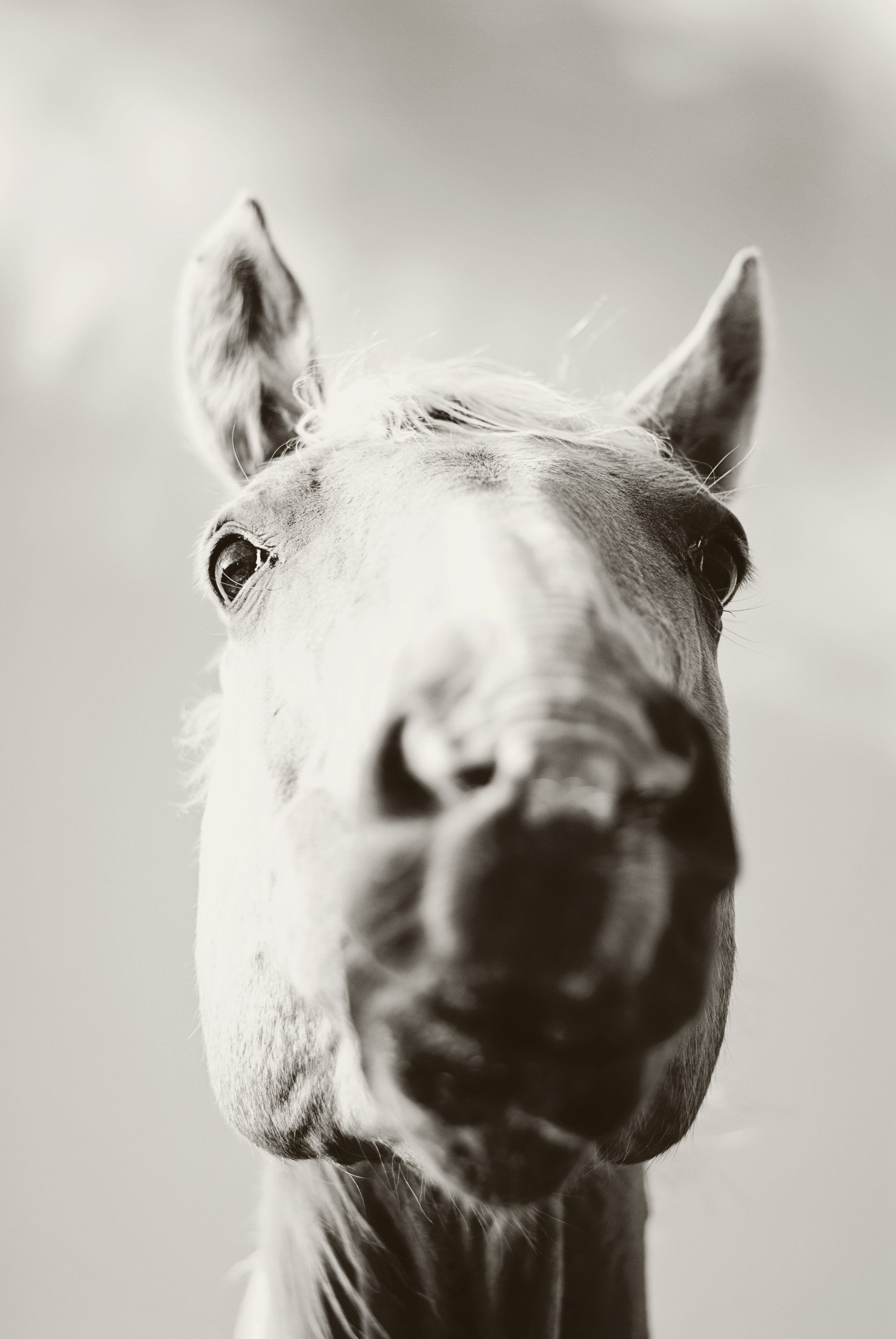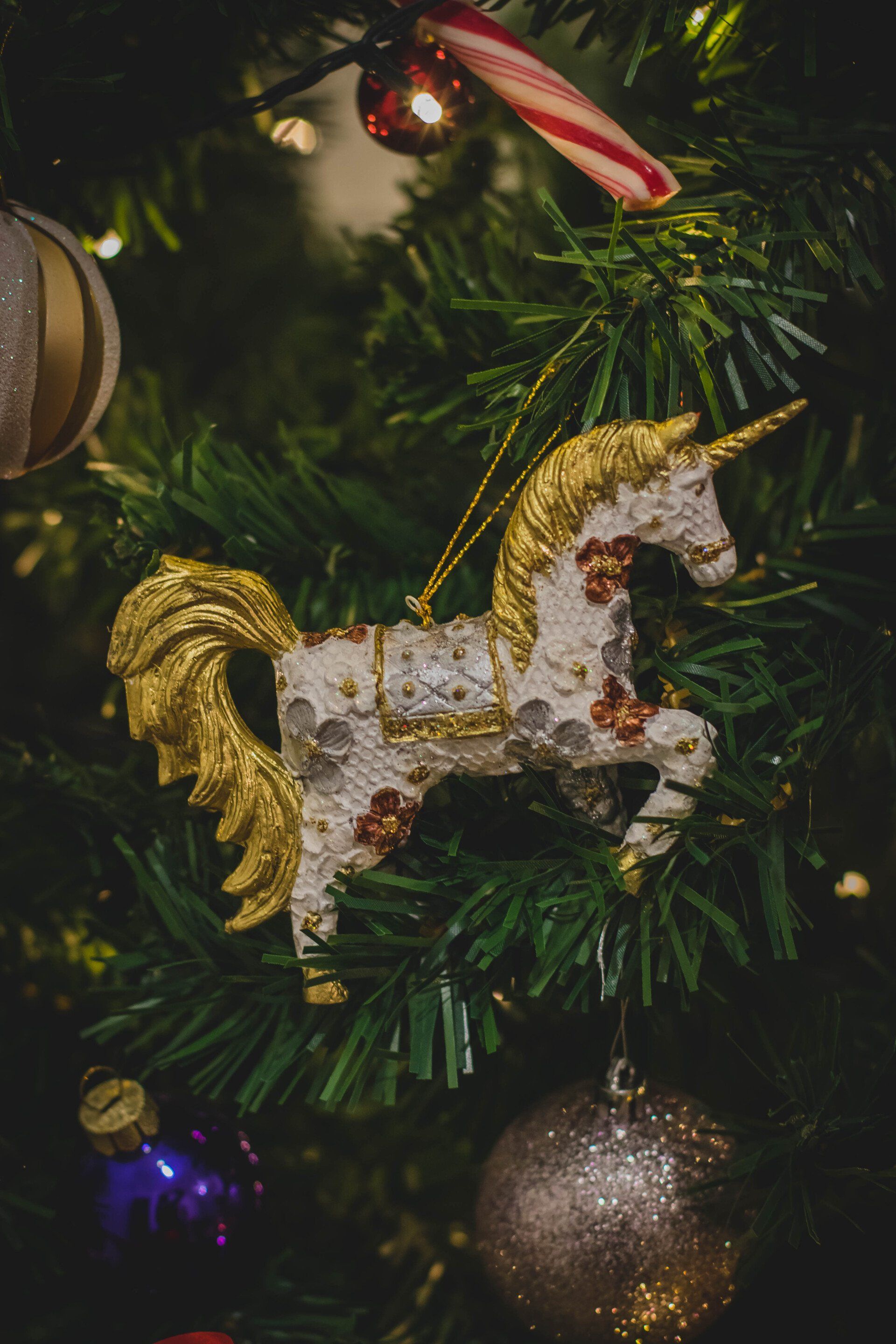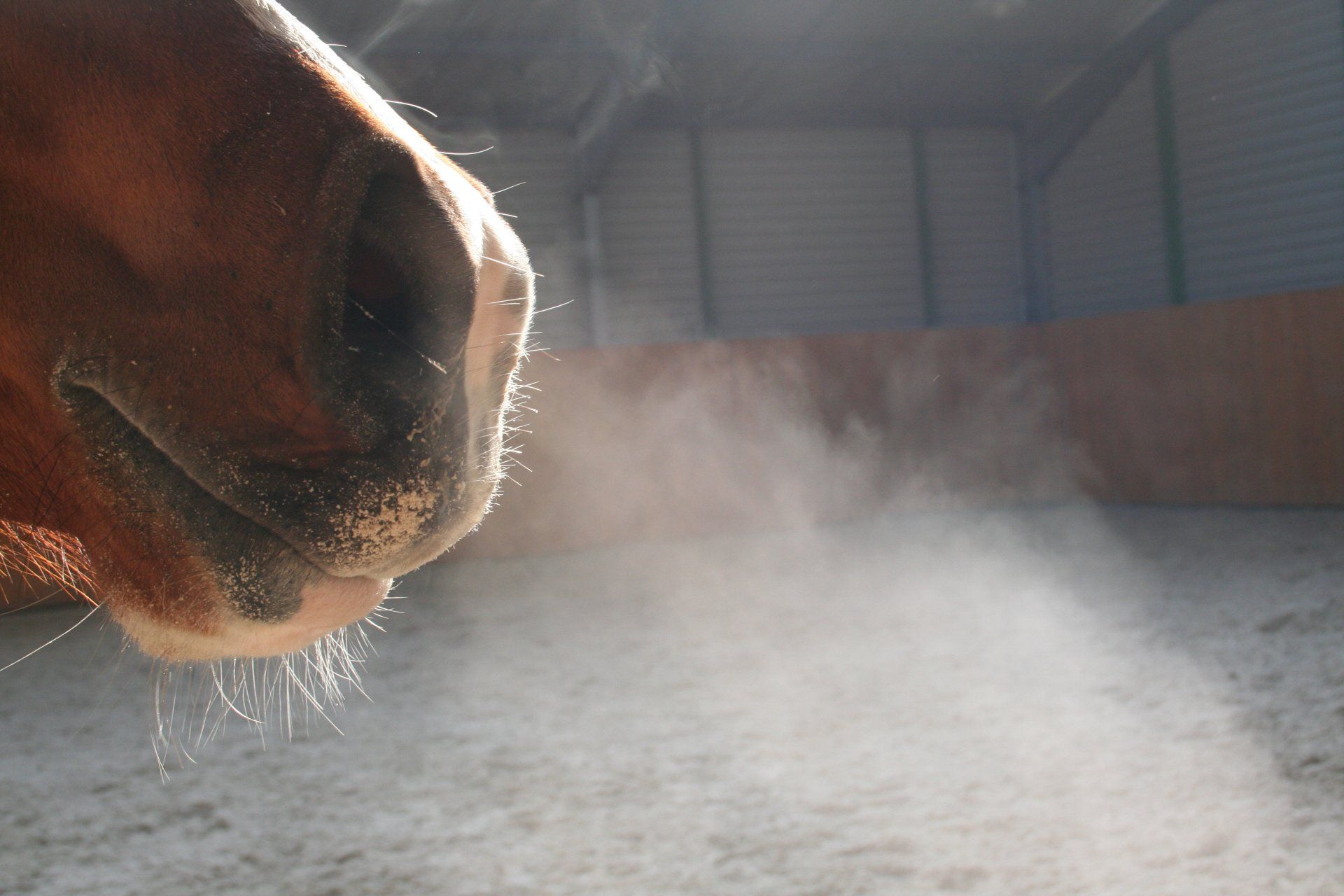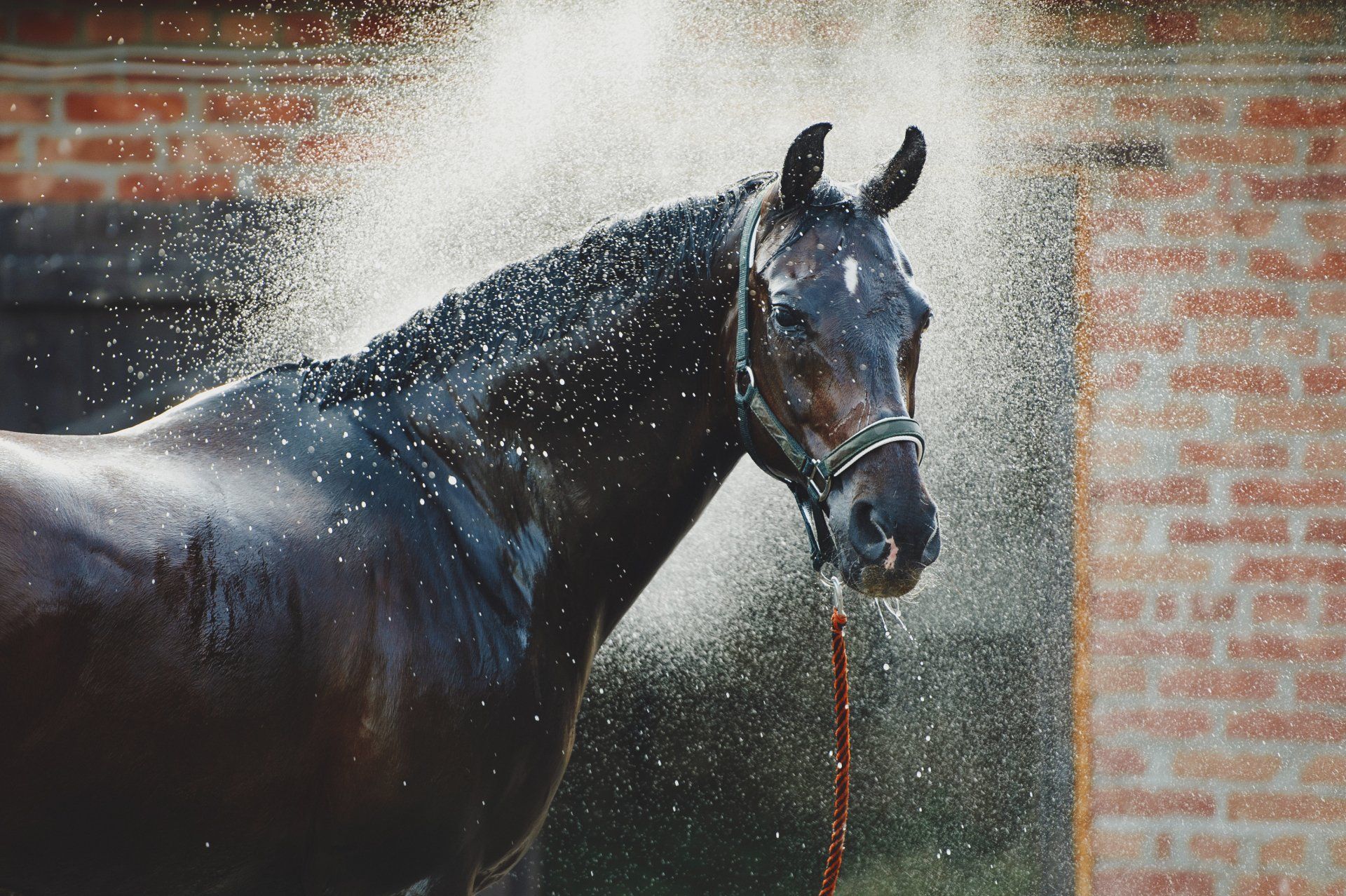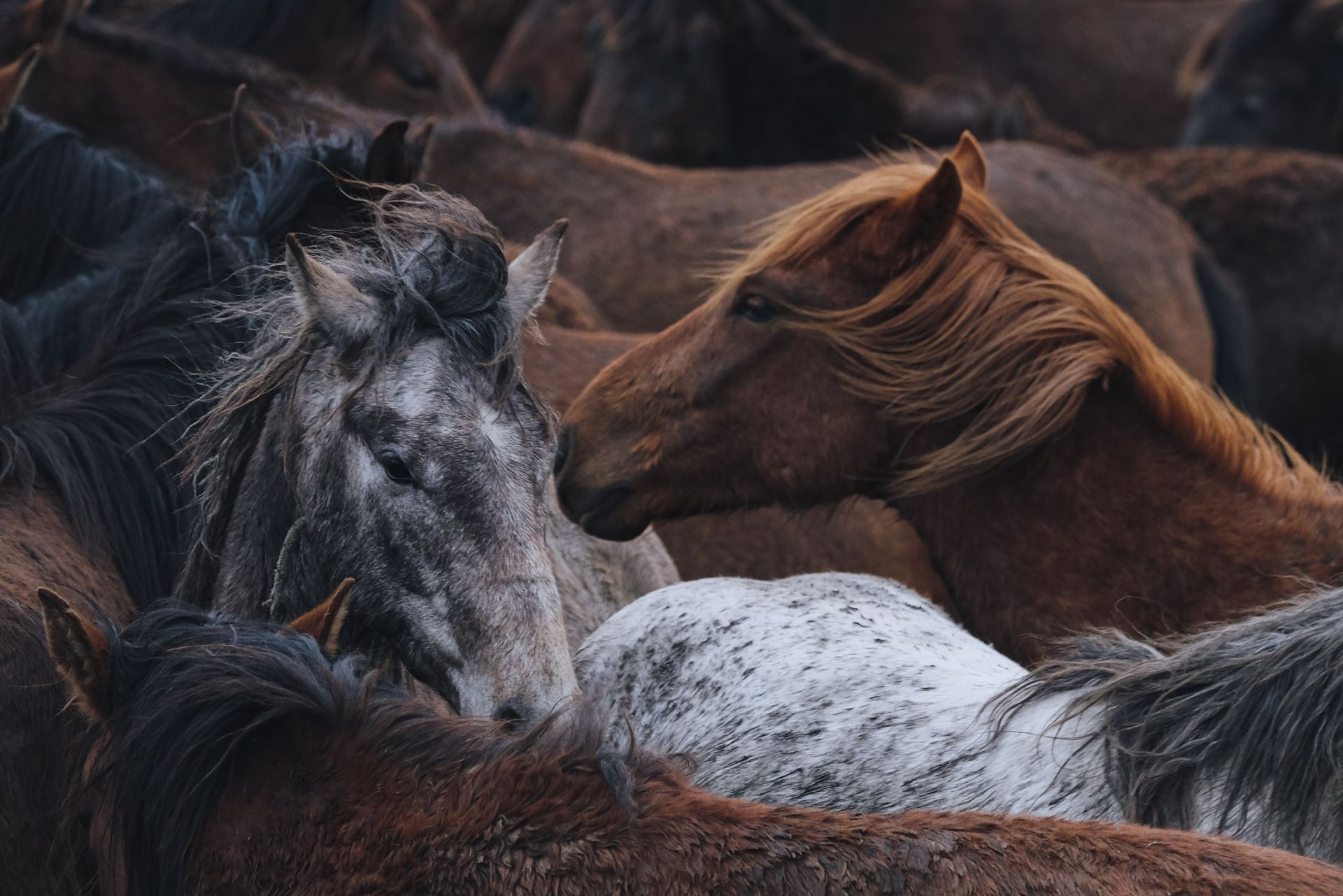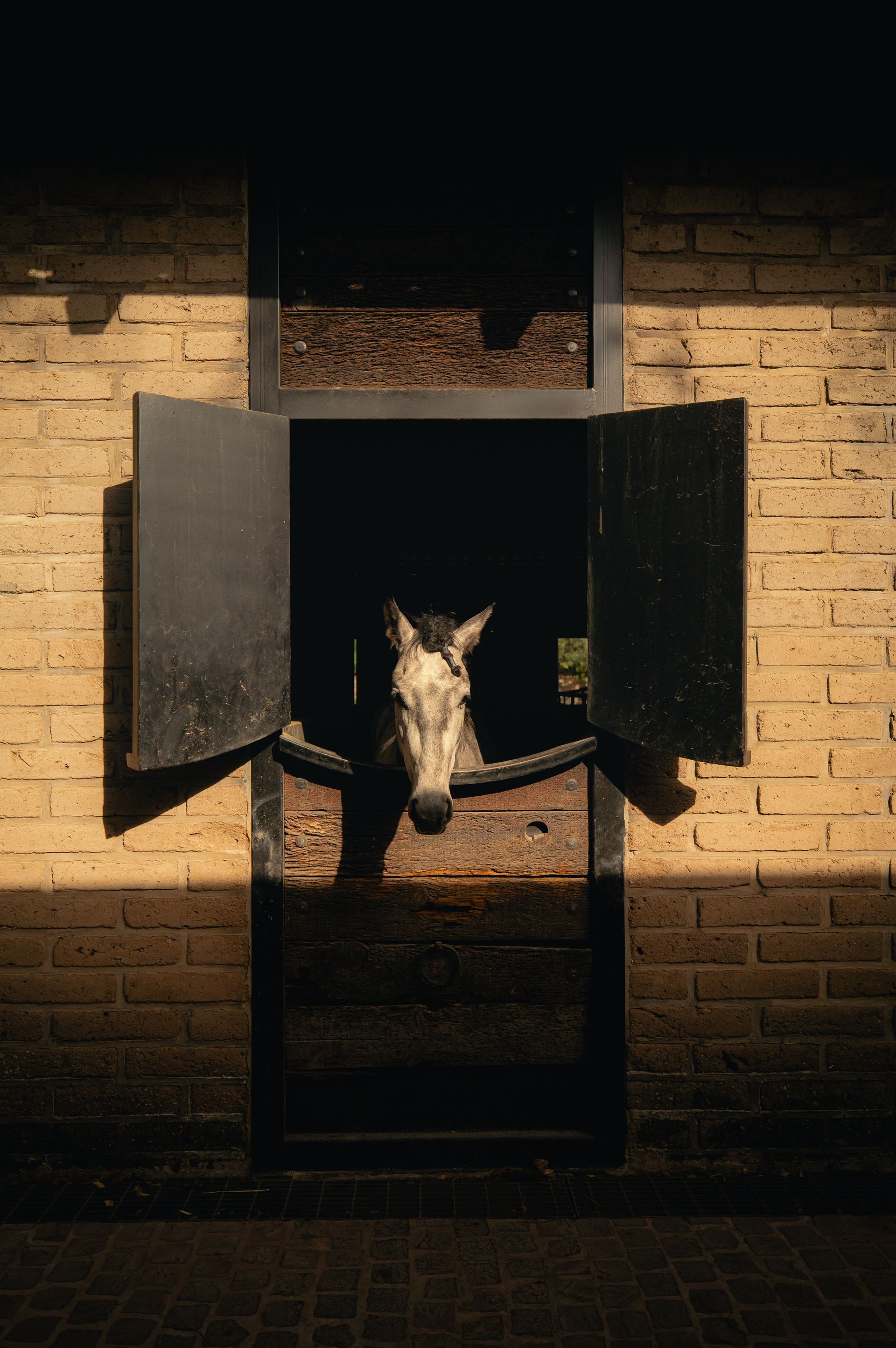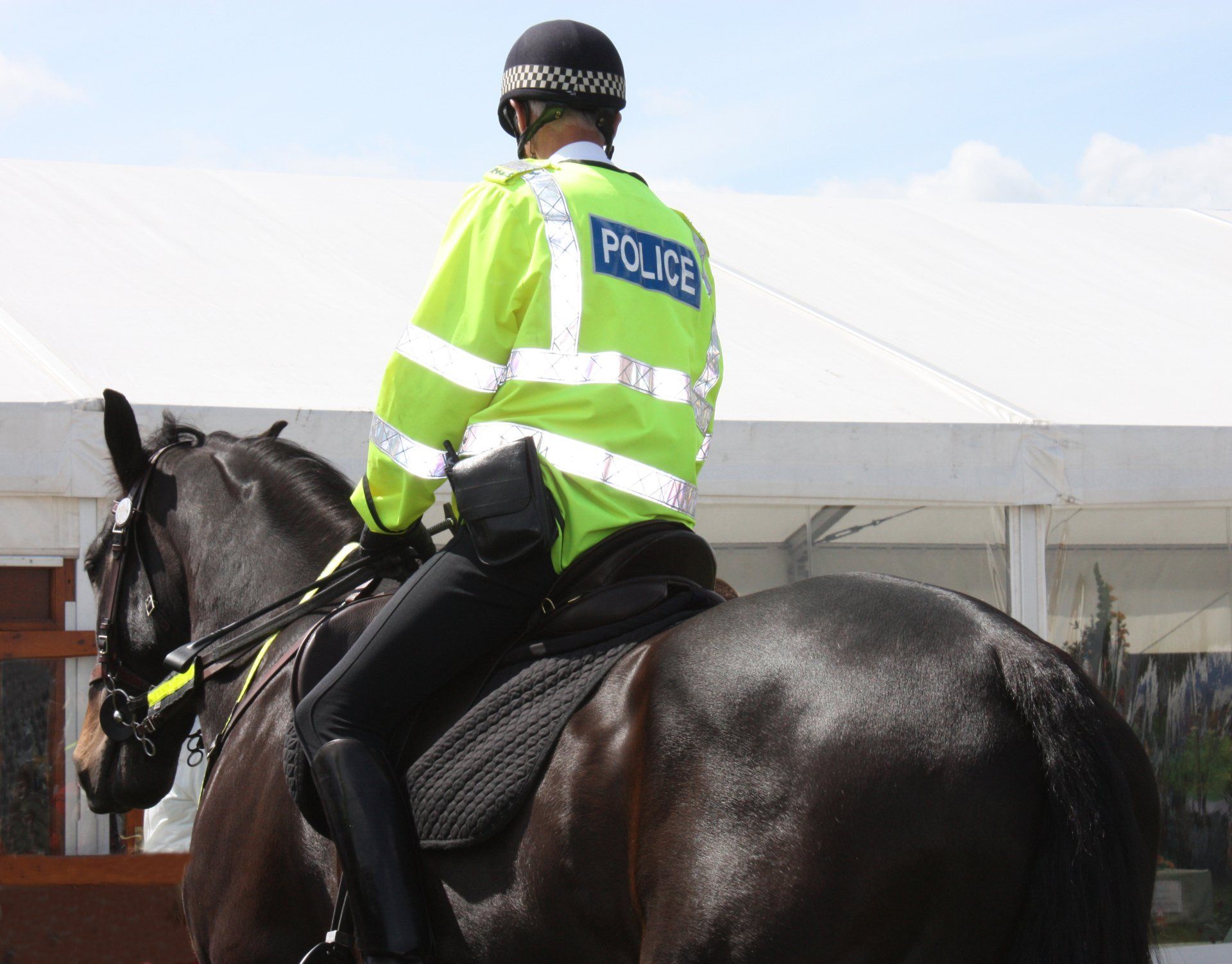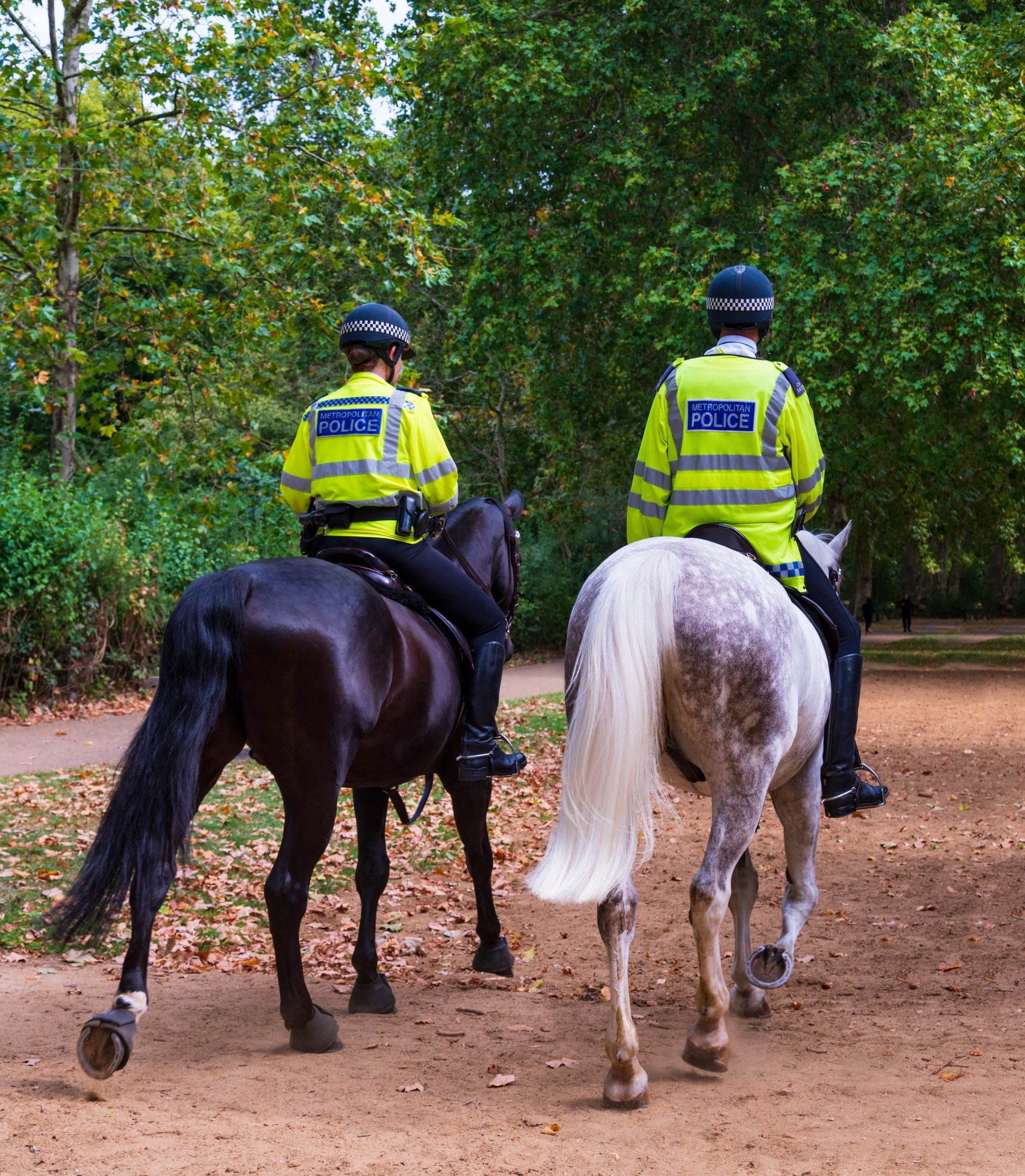10 equine cooling tips – And how to handle horse anhidrosis
It was unusually hot in June this year, with very warm air temperatures and unusually high humidity. This kind of weather prevents horses from getting rid of body heat during and after exercise, with heat stress developing when a horse over-exerts itself.
There’s more. Just like some people, some equines can suffer from a condition called anhidrosis, where the sweat glands don't work properly. This also puts the animal at risk of overheating – which can be fatal.
We’re experts in the equine cooling. Here are our tips top keep your horse cool, plus some vital tips around handling their welfare if they suffer from anhidrosis.
10 equine cooling tips
- While exercising your horse in unusually hot weather, monitor their vital signs and check how quickly their heart rate recovers. If it’s taking a long time to recover, the horse could be struggling to cope
- Rather than coming to a sudden stop, help your horse cool themselves down gradually after exercise. Take the saddle off and walk the animal for quarter of an hour after exercise to steadily bring them back to a normal temperature and flush waste products and heat from their muscles
- Repeatedly bathe their neck, head, and legs - where big blood vessels run - with cool water to create a similar sort of refreshing evaporative cooling that’s provided by our equine cooling systems
- Don’t cool the horse down too fast or they could suffer chills and painful muscle spasms– avoid ice, just use cool water
- Never leave wet towels on a horse – they just keep the heat in
- Check your horse’s rectal temperature as they cool down – you’re ok to stop cooling when it hits 38.3 centigrade or their skin feels nice and cool
- Give them water to drink after exercise, ideally small frequent drinks when they’ve been galloping around, and as much as they want if they’ve been moving at a steady pace
- Provide shade, either in a place with good natural air circulation or where there’s a fan that’ll provide convective cooling, drawing the heat from their skin
- A series of short, gentle walks will help the horse gradually move the heat away from their core
- If your horse isn’t cooling down in 10-15 minutes, contact a vet straight away
How to handle equine anhidrosis
70% of excess body heat usually evaporates via a horse’s skin as they sweat. But an unusually hot and humid spell can send a horse’s internal cooling system into a spin wherever in the world you live, leaving them unable to sweat and at risk of heatstroke.
Experts reckon there’s a genetic component to the condition, which has been seen in more or less every horse breed except Arabs. Smaller horses seem to suffer less, maybe because they’re a bit better at getting rid of excess heat. Young horses are also less at risk simply because they’re not in training and not performing like adult animals. As you can imagine, a horse with a darker coat will absorb more heat, making darker horses more prone to the condition.
Horses at risk of anhidrosis are often perfectly OK until unusually hot weather arrives. If you notice your animal staying in the shade all day, the simple fact that they’re trying to stay cool might be a sign.
Anhidrosis can happen fast or develop slowly. If their sweat glands close down their skin will feel dry but the horse will be breathing fast and have a high temperature. You might see patches of sweat behind the ears, under the mane, at the elbows and flanks. If their performance is being affected or it takes an unusually long time to cool off, check carefully in case they’re suffering from anhidrosis.
Anhidrosis isn’t always a permanent condition. It can come and go. But if it becomes chronic, appearing year after year, the animal’s sweat glands can change permanently, leaving them always at risk in hot and humid weather.
Because every horse reacts differently, it’s hard to recommend treatment. Some things work for one horse but don’t have any effect on another animal, so your vet is the best bet. Other than that it’s good to keep the animal cool so it doesn’t sweat in the first place. Fans and misters are helpful, as is a sprinkler. But the best solution of all is to fit a reliable, effective equine cooling system like ours, so whatever the weather the horse is always cool and comfortable, happy and healthy.
